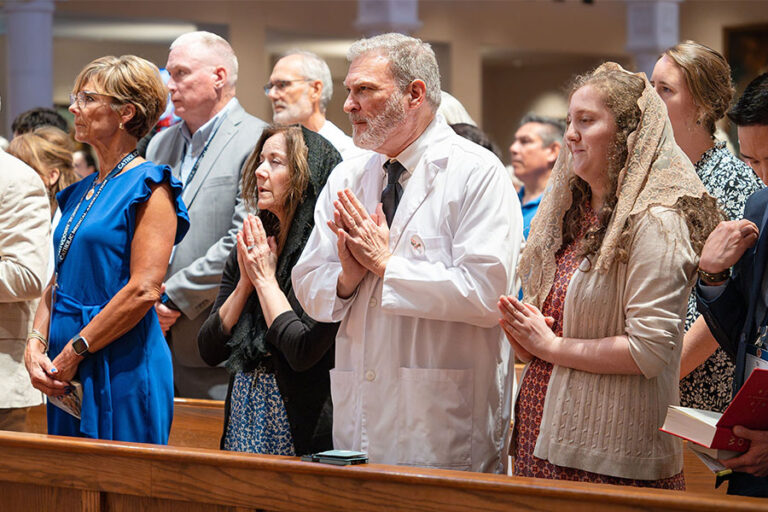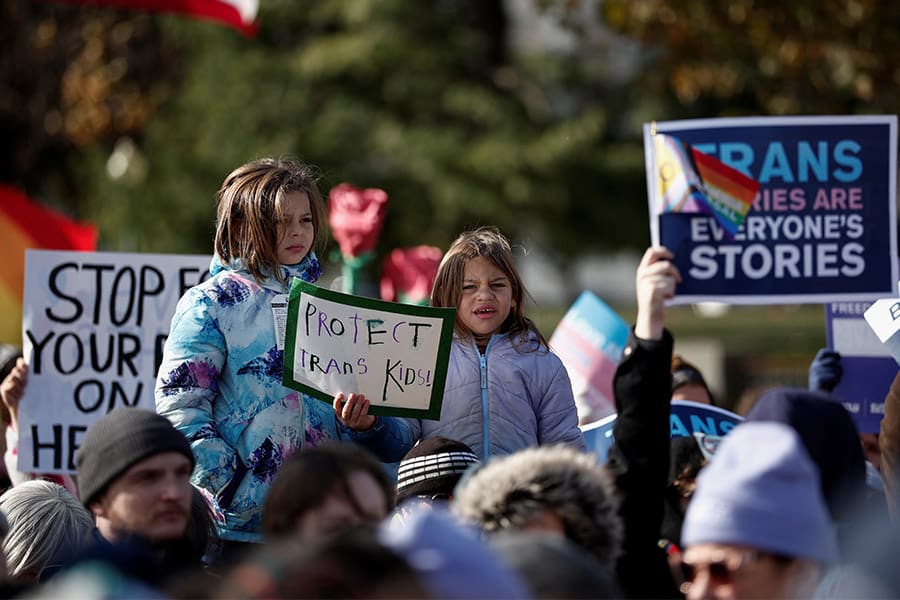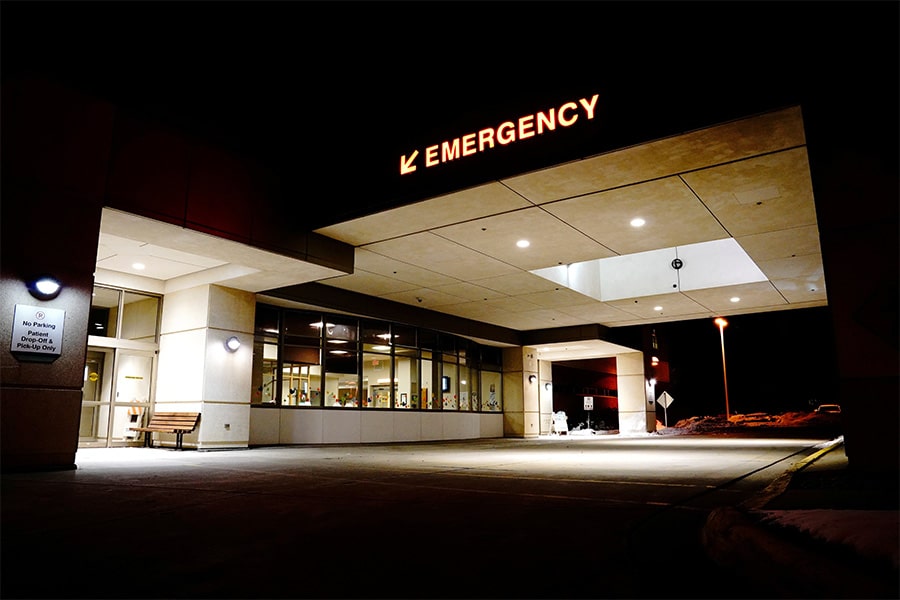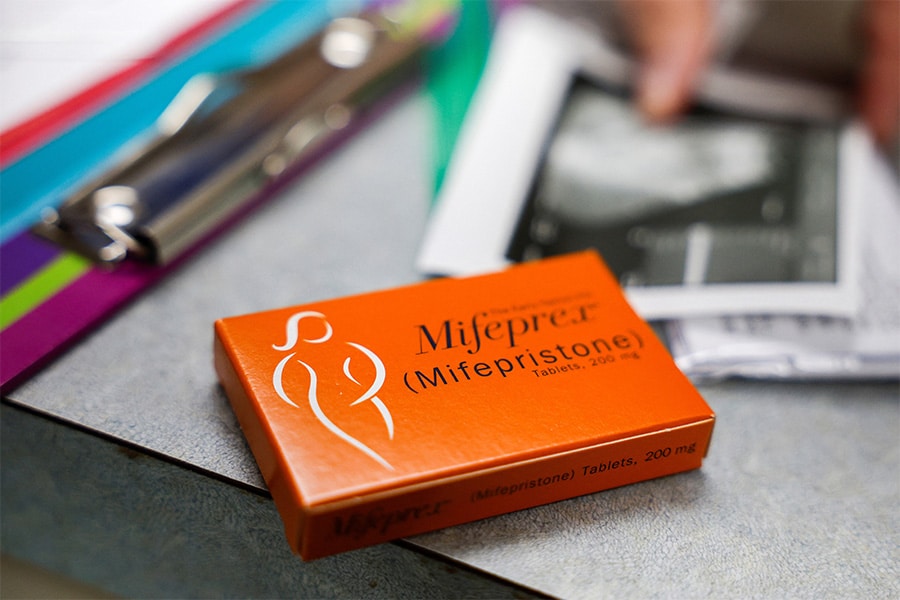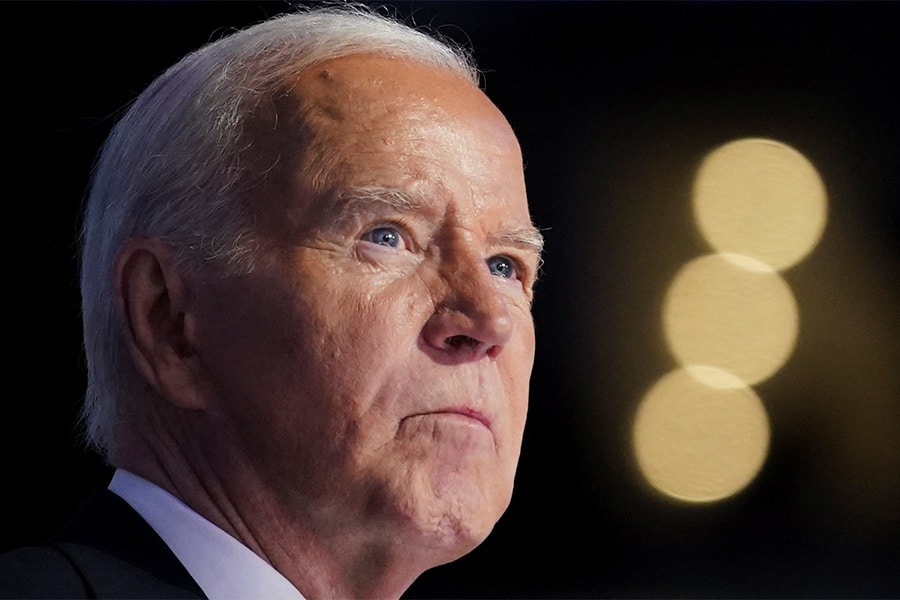ORLANDO, Fla. (OSV News) — When Dr. Tim Millea, a physician from Iowa, speaks about the annual national Catholic Medical Association conference, he describes it as a “spiritual adrenaline rush.”
“If you think about the Catholic Medical Association, we are a small organization in general, but the apostles started with 11, and then 12, and then church fathers continued to preach the Gospels. We know the message,” Millea said. “In health care we need to look at our patients and see them as the image of Christ. It is the Mother Teresa model.”
Millea was one of the many participants and speakers at the 93rd annual Catholic Medical Association Educational Conference, held Sept. 5-7 at the Caribe Royale Resort in Orlando.
The event, which gathered Catholic physicians and their families, followed the theme “Imago Dei: Made in His Image, Male and Female He Created Them.” The theme was developed by Dr. Felix Rodriguez, a medical oncologist from St. Matthew Parish in Lake Worth, who is president of the Palm Beach Physicians Guild, which is connected to the Catholic Medical Association.
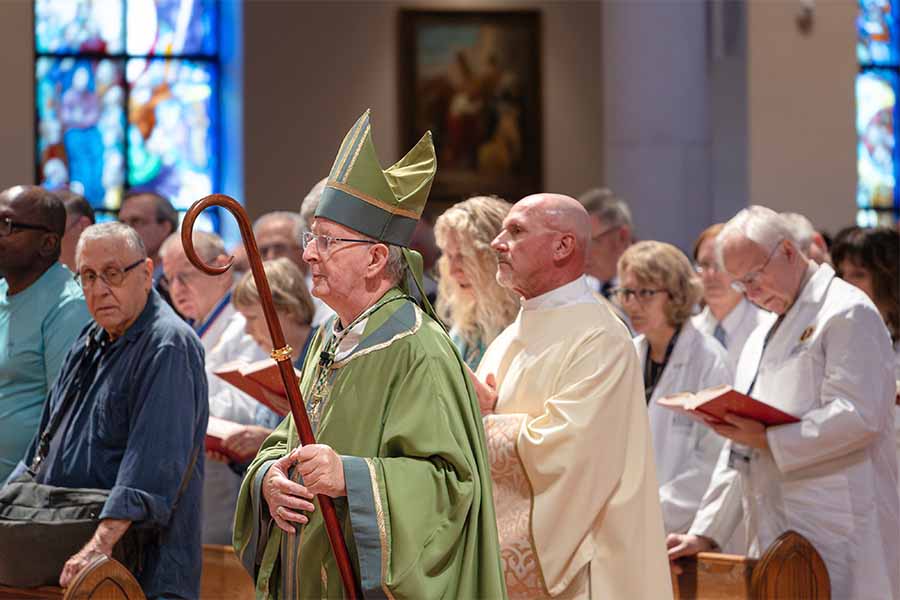
For Rodriguez, who has practiced for 22 years in Boynton Beach, the association offers support that focuses on tenets of Catholic social teachings — all people are created in the image of God, and we are called to protect human dignity.
“The theme is a huge theme, not only theologically based, but is also what we think of within Catholic bioethics.” Rodriguez said. In an interview with the Florida Catholic, Orlando’s diocesan news outlet, Rodriguez said the advent of a corporate mentality in health care has diminished the very core of the profession — “addressing the dignity of the patient.”
“(Corporations) are not coming from a human dignity standpoint. There are doctors and academics who are put on the wayside because they want their practice to address the whole person,” Rodriguez said. “That is not the way health care should be. We should be focusing on how to be more humanistic in your own practice so you can address the dignity of the patient.”
And that is where the Catholic Medical Association can offer support — like-minded physicians whose connection is their faith and their dedication to serving patients with dignity rooted in Catholic social teachings.
“As a Catholic physician what we would love to tell everyone is we are here to serve you and to love you and we want to make you whole,” said Mercy Sister Mary Gretchen Hoffman, a doctor of internal medicine who serves the underserved in Oklahoma. “We want to make you a beautiful person, and also get you to heaven.”
Practicing the Catholic faith buoyed participants during the conference. Each day included a Eucharistic procession and Mass, with adoration and confession also available.
Two of the Masses were celebrated by Bishop James D. Conley of Lincoln, Neb., who shared his struggles with mental health and how he healed in a pastoral letter, “A Future with Hope,” in May. Bishop Conley serves as a liaison between the Catholic Medical Association and the U.S. Conference of Catholic Bishops.
Physicians spoke about how the doctor/patient dynamic has been morphing toward a health care provider/client dynamic. To combat that shift, Bishop Conley said, the conference “went back to basics.”
“We asked, ‘Who are we? What is the human person made for? What makes us flourish? What makes us happy?” he explained.
The conference was packed with a variety of topics, including the advent of artificial intelligence in the medical field. While physicians understand AI can have a role in health care, there are caveats that must be addressed.
“Technology can be helpful and beneficial, but it cannot replace the human person,” Bishop Conley said. “Again, we go back to anthropology and ask, ‘What is a human person made for? And AI can never replace the (human) intelligence.”
Sister Hoffman agreed with the bishop. “First of all, you must recognize that it’s not actually intelligence. The intelligence that goes into AI is the human intelligence programming it,” she said. “I think artificial intelligence could be a great tool, as long as it remains a tool. It cannot replace physicians but can be great tool to serve patients.”
Other topics broached subjects that spanned end-of-life care, bedside and palliative care, bioethics, maternal health, abortion, the unborn and IVF treatments, as well as sexuality and identity issues. Millea led the presentation on “Impact of Governmental Policies, Acts and Legislation Shaping End of Life Care — The Call of Physician Advocacy for Ethical Care.”
“We need to protect the right to say no. If we are in a situation where we’re forced to participate whether its abortion, assisted suicide, whatever it may be that violates our conscience. The American model that violates our religious freedom,” Millea said. “When you hear the term protect life from conception to natural death … (that means) we are called to protect people of every state of that process.”
“Human nature is on our side,” Bishop Conley added. “And whether we are talking about the very beginning of life or the very end of life or everything in between, the truth about the human person is the key to answering and unlocking these dilemmas.”
The conference concluded with the White Mass, celebrated by Bishop John G. Noonan of Orlando at the Basilica of the National Shrine of Mary, Queen of the Universe. In his homily, Bishop Noonan focused on the “powerful” and “important” words of Isaiah — “Here is your God. He comes with vindication. With divine recompense he comes to save you.”
He offered the stories of two mothers who faced medical crises with faith, never forgetting to be a role model to their children. One woman, Colleen, suffered from a brain tumor and faced life-altering surgery. But before doing the surgery she taught her children sign language so they could continue to communicate after surgery.
The other woman was Patricia, who was pregnant with her fifth child when she was diagnosed with cancer. Although physicians told her to abort her child to save her own life, Patricia said no. She had her child and continued to live for years afterward.
Ultimately the cancer took her life, but before she died, she wrote a series of letters for each of her children. For 10 years following her death, her children received letters from their mother on their birthdays and as they reached milestones — graduations and marriage.
“These two ladies taught me so much about life and relationships. As we hear in the Scriptures today, even in our moments of doubt and despair, somehow the Lord speaks to us,” he said. “But these two people speak to us not just as witnesses, but as true believers.”
As he looked upon a sea of men and women in white coats seated in the pews, Bishop Noonan urged the physicians to “put into practice what the Lord wants us to be.”
“I always think of what God has given us — the gift of life. I always think of what God has shared with us — the gift of love. I always think of what God would give us — everlasting life,” the bishop said. “Happiness and peace cannot come outside of God. He has a divine plan for each of us.”
“As Augustine told us,” he added, “the key to learning is a transformative experience. As we are learning from our families and each other, we learn what it means to be Christian, what it means to be loved, what it means to be a human being.”
Read More Health Care
Copyright © 2024 OSV News

